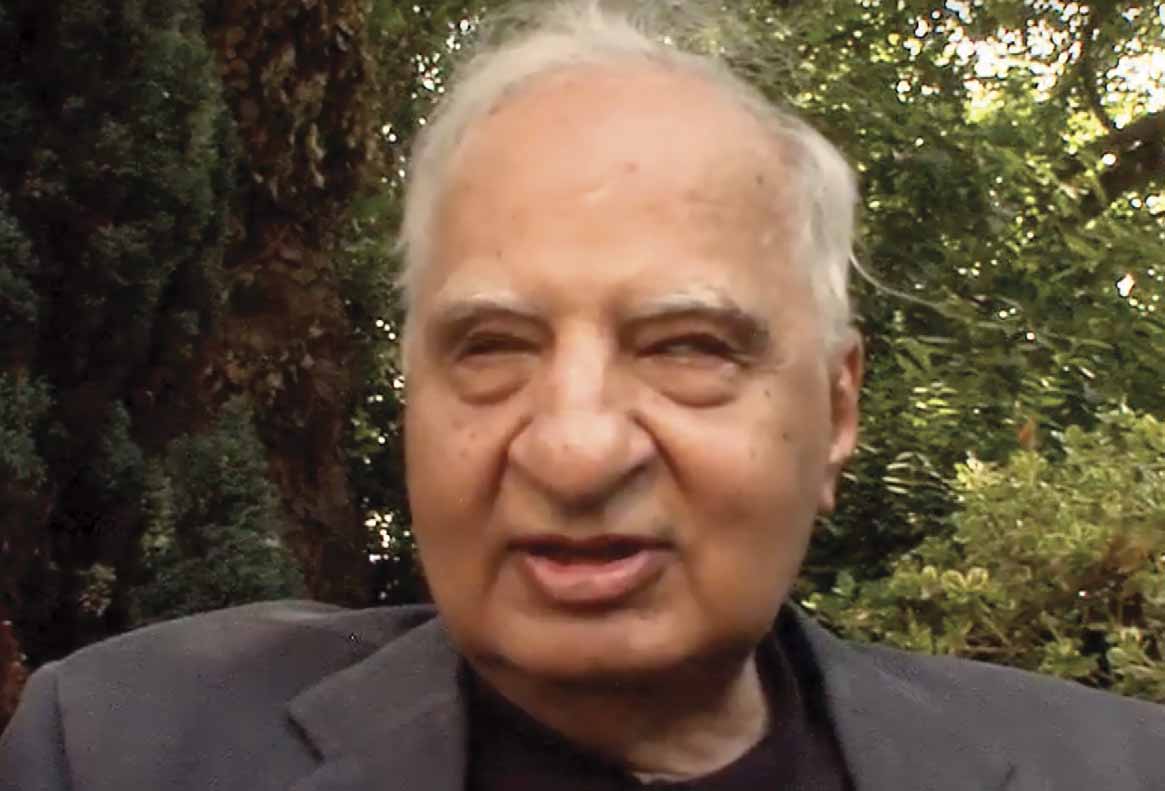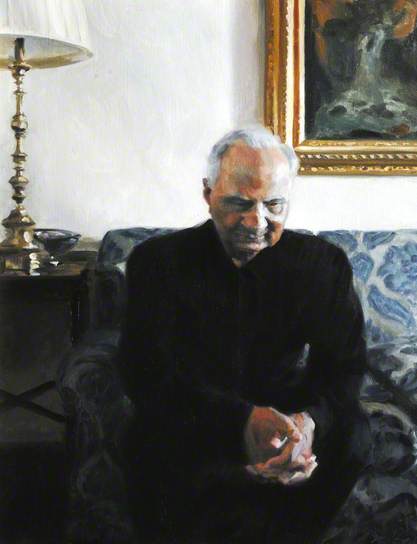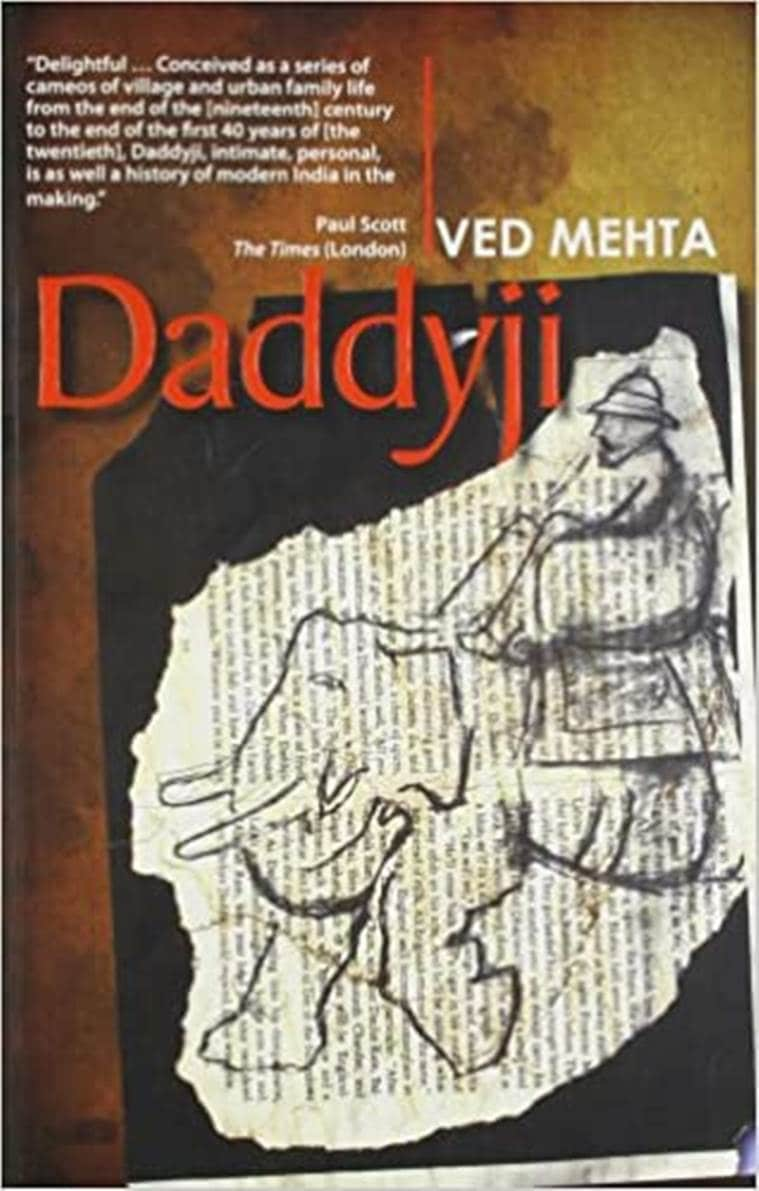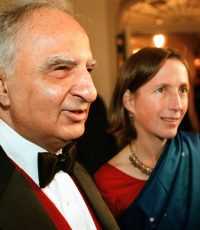


In his website, he says, " Deprivation often makes a writer". He has written about his romance and muses in the book 'All for love'. It was only after he started writing and publishing that girls took romantic interest in him.

He sought romantic relationship during his college years but found that girls were prepared to be friends with him but generally spurned any romantic overtures. I was creating my own reality, seeing things in my own way- only imagining that what I saw was identical to what other people saw”. Every moment, I instinctively translated into images any and all information received by my sharpened senses.

But the sighted can think what they like about the blind without feeling the need to check the reality of the blind. Without such continual checking, I could not have survived in the sighted world. I never accidentally walked off a cliff, for instance. Even then I maintained the habit of checking external reality. He compares himself to those blessed with eye sight saying, “I was in the grip of the fantasy that I could see. Reliance on his own will to overcome his disability made him feel lonely and the pain of loneliness was unrelenting. To prove to others, he drove cycle in his childhood and car in his youth to impress his date, much to the consternation of others.Įvery day of his life was struggle for him, as he admits, “There was hardly a day that I did not feel defeated, condescended to and humiliated- when I did not long to be spared the incessant indignities that assailed me”. Whenever people tried to help or protect me, they jarred my self-confidence and dulled my senses”. He says, “I had to prove every day to everyone that I was able to do things that they thought I could not do. Since then, his life was about overcoming the disability. Mehta became blind at the age of four due to meningitis. He calls it as a cross- cultural story of India, England and US. He has written a monumental autobiography 'Continents of Exile', in twelve installments between 19. Mehta is the author of 27 books of fiction and non-fiction, covering a variety of themes such as Indian politics, Oxford Dons and American education. His chosen method for improvement of his writing was to read and reread works of masters such as William Shakespeare and John Milton. He was proud that he had earned his livelihood with his pen, since his 20s. He says that he wrote it out of a feeling that he could partly alleviate a life of deprivation, by writing about it. He published his first book, an autobiography, when he was 23. He started writing for New Yorker magazine when was a college student. Besides writing, he taught in Yale and New York universities. He was a staff writer for New Yorker from 1960 to 1993. He settled in New York and became an American citizen in 1975. He went to Harvard and Oxford universities for higher studies. He got admission in a school for the blind in Little Rock, Arkansas. In his own words, “I constantly dreamed of and worked on getting out of India and making my way to the West, where my disability would not be perceived as a barrier to education”. But Ved Mehta, who became blind at the age of three, went to the US for a different reason in 1949 when he was 15. Indians go to the US for higher education, jobs and some of them to settle down in the Promised Land.


 0 kommentar(er)
0 kommentar(er)
